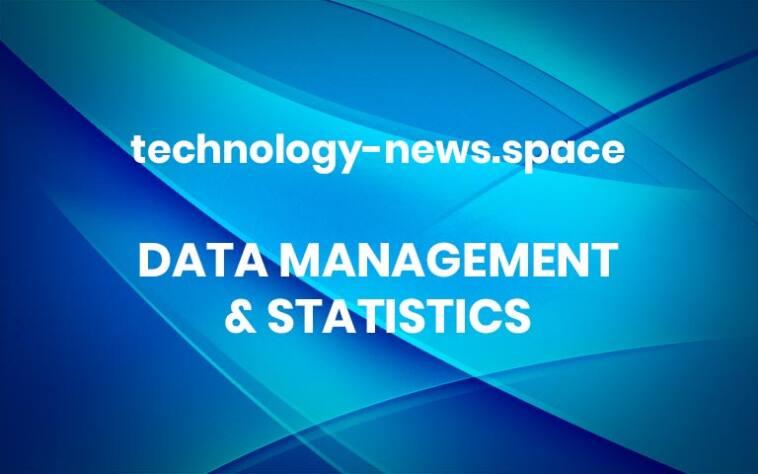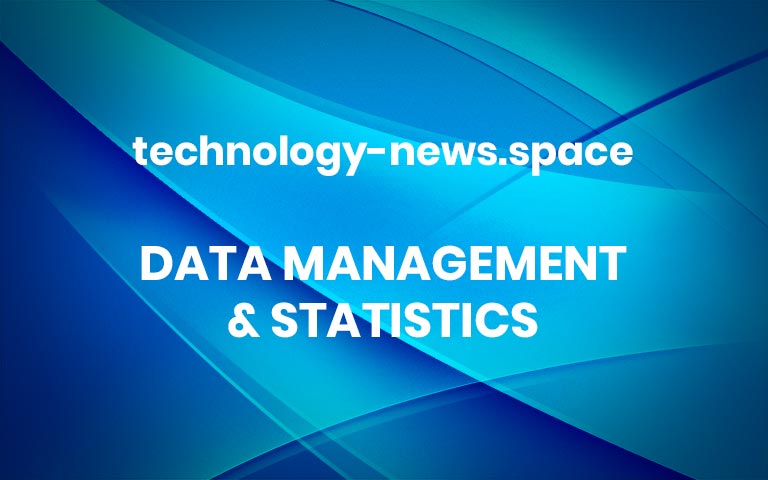“They can see themselves shaping the world they live in”
During the journey from the suburbs to the city, the tree canopy often dwindles down as skyscrapers rise up. A group of New England Innovation Academy students wondered why that is.“Our friend Victoria noticed that where we live in Marlborough there are lots of trees in our own backyards. But if you drive just 30 minutes to Boston, there are almost no trees,” said high school junior Ileana Fournier. “We were struck by that duality.”This inspired Fournier and her classmates Victoria Leeth and Jessie Magenyi to prototype a mobile app that illustrates Massachusetts deforestation trends for Day of AI, a free, hands-on curriculum developed by the MIT Responsible AI for Social Empowerment and Education (RAISE) initiative, headquartered in the MIT Media Lab and in collaboration with the MIT Schwarzman College of Computing and MIT Open Learning. They were among a group of 20 students from New England Innovation Academy who shared their projects during the 2024 Day of AI global celebration hosted with the Museum of Science.The Day of AI curriculum introduces K-12 students to artificial intelligence. Now in its third year, Day of AI enables students to improve their communities and collaborate on larger global challenges using AI. Fournier, Leeth, and Magenyi’s TreeSavers app falls under the Telling Climate Stories with Data module, one of four new climate-change-focused lessons.“We want you to be able to express yourselves creatively to use AI to solve problems with critical-thinking skills,” Cynthia Breazeal, director of MIT RAISE, dean for digital learning at MIT Open Learning, and professor of media arts and sciences, said during this year’s Day of AI global celebration at the Museum of Science. “We want you to have an ethical and responsible way to think about this really powerful, cool, and exciting technology.”Moving from understanding to actionDay of AI invites students to examine the intersection of AI and various disciplines, such as history, civics, computer science, math, and climate change. With the curriculum available year-round, more than 10,000 educators across 114 countries have brought Day of AI activities to their classrooms and homes.The curriculum gives students the agency to evaluate local issues and invent meaningful solutions. “We’re thinking about how to create tools that will allow kids to have direct access to data and have a personal connection that intersects with their lived experiences,” Robert Parks, curriculum developer at MIT RAISE, said at the Day of AI global celebration.Before this year, first-year Jeremie Kwapong said he knew very little about AI. “I was very intrigued,” he said. “I started to experiment with ChatGPT to see how it reacts. How close can I get this to human emotion? What is AI’s knowledge compared to a human’s knowledge?”In addition to helping students spark an interest in AI literacy, teachers around the world have told MIT RAISE that they want to use data science lessons to engage students in conversations about climate change. Therefore, Day of AI’s new hands-on projects use weather and climate change to show students why it’s important to develop a critical understanding of dataset design and collection when observing the world around them.“There is a lag between cause and effect in everyday lives,” said Parks. “Our goal is to demystify that, and allow kids to access data so they can see a long view of things.”Tools like MIT App Inventor — which allows anyone to create a mobile application — help students make sense of what they can learn from data. Fournier, Leeth, and Magenyi programmed TreeSavers in App Inventor to chart regional deforestation rates across Massachusetts, identify ongoing trends through statistical models, and predict environmental impact. The students put that “long view” of climate change into practice when developing TreeSavers’ interactive maps. Users can toggle between Massachusetts’s current tree cover, historical data, and future high-risk areas.Although AI provides fast answers, it doesn’t necessarily offer equitable solutions, said David Sittenfeld, director of the Center for the Environment at the Museum of Science. The Day of AI curriculum asks students to make decisions on sourcing data, ensuring unbiased data, and thinking responsibly about how findings could be used.“There’s an ethical concern about tracking people’s data,” said Ethan Jorda, a New England Innovation Academy student. His group used open-source data to program an app that helps users track and reduce their carbon footprint.Christine Cunningham, senior vice president of STEM Learning at the Museum of Science, believes students are prepared to use AI responsibly to make the world a better place. “They can see themselves shaping the world they live in,” said Cunningham. “Moving through from understanding to action, kids will never look at a bridge or a piece of plastic lying on the ground in the same way again.”Deepening collaboration on earth and beyondThe 2024 Day of AI speakers emphasized collaborative problem solving at the local, national, and global levels.“Through different ideas and different perspectives, we’re going to get better solutions,” said Cunningham. “How do we start young enough that every child has a chance to both understand the world around them but also to move toward shaping the future?”Presenters from MIT, the Museum of Science, and NASA approached this question with a common goal — expanding STEM education to learners of all ages and backgrounds.“We have been delighted to collaborate with the MIT RAISE team to bring this year’s Day of AI celebration to the Museum of Science,” says Meg Rosenburg, manager of operations at the Museum of Science Centers for Public Science Learning. “This opportunity to highlight the new climate modules for the curriculum not only perfectly aligns with the museum’s goals to focus on climate and active hope throughout our Year of the Earthshot initiative, but it has also allowed us to bring our teams together and grow a relationship that we are very excited to build upon in the future.”Rachel Connolly, systems integration and analysis lead for NASA’s Science Activation Program, showed the power of collaboration with the example of how human comprehension of Saturn’s appearance has evolved. From Galileo’s early telescope to the Cassini space probe, modern imaging of Saturn represents 400 years of science, technology, and math working together to further knowledge.“Technologies, and the engineers who built them, advance the questions we’re able to ask and therefore what we’re able to understand,” said Connolly, research scientist at MIT Media Lab.New England Innovation Academy students saw an opportunity for collaboration a little closer to home. Emmett Buck-Thompson, Jeff Cheng, and Max Hunt envisioned a social media app to connect volunteers with local charities. Their project was inspired by Buck-Thompson’s father’s difficulties finding volunteering opportunities, Hunt’s role as the president of the school’s Community Impact Club, and Cheng’s aspiration to reduce screen time for social media users. Using MIT App Inventor, their combined ideas led to a prototype with the potential to make a real-world impact in their community.The Day of AI curriculum teaches the mechanics of AI, ethical considerations and responsible uses, and interdisciplinary applications for different fields. It also empowers students to become creative problem solvers and engaged citizens in their communities and online. From supporting volunteer efforts to encouraging action for the state’s forests to tackling the global challenge of climate change, today’s students are becoming tomorrow’s leaders with Day of AI.“We want to empower you to know that this is a tool you can use to make your community better, to help people around you with this technology,” said Breazeal.Other Day of AI speakers included Tim Ritchie, president of the Museum of Science; Michael Lawrence Evans, program director of the Boston Mayor’s Office of New Urban Mechanics; Dava Newman, director of the MIT Media Lab; and Natalie Lao, executive director of the App Inventor Foundation. More



